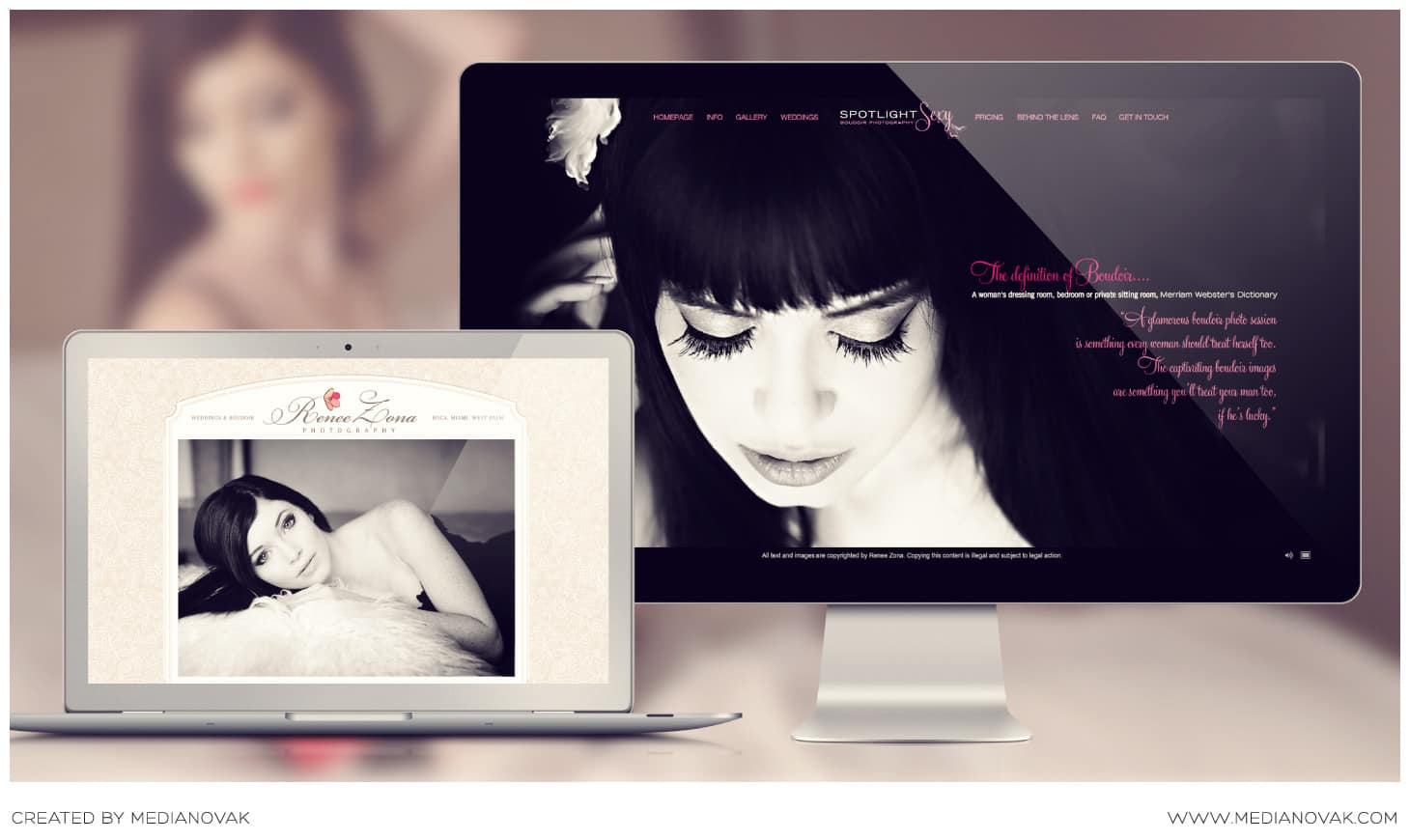In the photographic community, the Internet should be seen as a work environment, today almost a third of the work of each photographer is online, dedicated to marketing, job promotion and networking, like any work environment that values good coexistence, Ethics and respect are key words in the photographer’s relationship with his professional colleagues and clients. Maintaining a good self-image, in addition to maintaining a balanced work energy, makes customers and fans happy.
Every day I follow up on complaints from colleagues who have been offended by the comments of others, people who claim that they have stolen their work, countless cases of dissatisfaction with the behavior of professional friends, my intention with this article is only to alert and help. On the Internet, have you ever experienced an unpleasant situation that could be avoided with a little common sense?If so, discuss more advice on online behavior.
Don’t steal!
What is not missing on the Internet are the people who appropriate the work of others, no matter the size of your wallet, never update it with jobs that do not belong to you, if you think that the photographer who owns the image will not. discover the feat, you’re wrong! In addition to tracking software that verifies where certain images are used (on Google, for example, just download the image and the system returns the results), social media is an excellent complaint. always someone who knows the work of the sicrano, who knows the work of beltrano that was stolen. Investigation into Law 9. 610 / 98!
Know when to say what!
Facebook doesn’t have the option of “I don’t like it,” but some people feel entitled to criticize photos and other updates negatively. If the author of the topic under discussion gives room for this, much better!Take the opportunity to say what you think, but always politely. If there’s no room, but you still think you can suggest constructive criticism, send a private message to the person. Public comments, if not well-intentioned, may offend those who were photographed and those who have been photographed. .
Know what to say!
Talk to talk, everyone talks and everyone comments. If you’re talking about a photograph or someone’s work, positively or negatively, know how to bring your opinion closer succinctly and politely, but with relevant content. Link the photo to another job you’re interested in, knowing, saying what you think about light positioning, image direction, editing, etc. If the intention is to make constructive criticism, show the person how the work might have improved by giving them clear suggestions.
Know who to talk to!
Online communities are always connected! If you intend to criticize someone’s work with someone else, know that person may, at some point, tell the other person what they have said to the other person. Think of the old rule for maintaining the ethics of relationships: don’t talk to anyone about what you’ve been told. you don’t want to be heard. Besides, nobody knows anything about tomorrow. Have you ever wondered if you were arguing with someone you didn’t talk about, but that person is the only one who can help you with a retouching problem?
Be accessible to others!
Unless you have a very serious secret, which is the key to your work and your success as a photographer, share your knowledge with others. The exchange of information is very important for growth, not just professional. Give editing tips, tell how you managed. to illuminate a portrait with improvised photographic material, indicate movies, books and links that you’ve seen and loved And think that when you tip, someone else can suggest something really cool!
Have the decency to be honest!
If someone has questions and comes to you, it’s because they consider it a reliable source. Have the decency to answer honestly whether you can help or not; if you can, say when, so the person doesn’t wait too long for their answer. And be honest when you transmit information! Then, if something unexpected happens and you can’t help, refer someone.
Be discreet!
If something goes wrong during a photo shoot, wait a few days before publicly sharing the tragedies. Models usually monitor the photographer’s social media, waiting for an update with the photos. Imagine how unpleasant it would be if someone involved in the session read the negative comments of the photographer himself!

